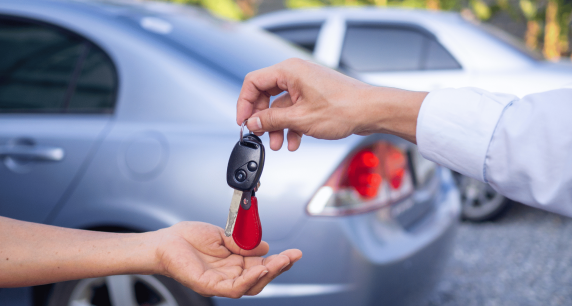Top 10 Most Common Car Problems and How to Avoid Them
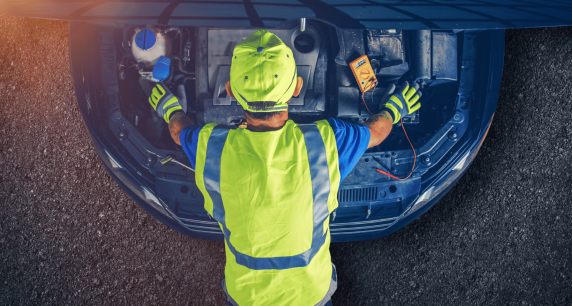
Cars are complex machines, and they’re bound to experience some issues with regular use. However, proper maintenance and care can avoid many common car problems. In this article, we’ll explore the top 10 most common car problems and provide practical tips on how to avoid them.
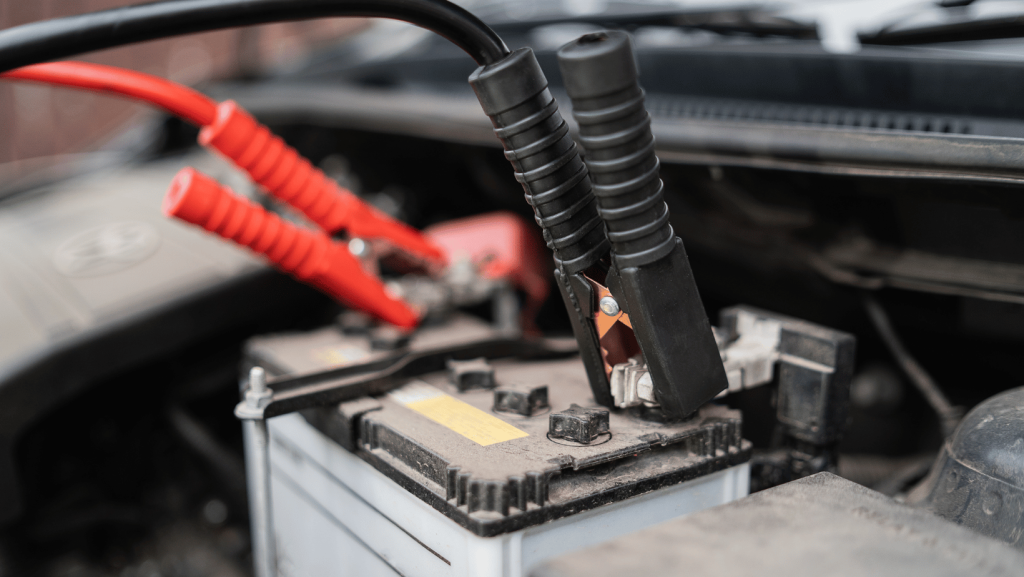
1. Dead Battery
Problem: A dead battery is one of the most common reasons cars won’t start. Batteries can lose charge over time, especially if the car isn’t used regularly.
How to Avoid It: Regularly check your battery’s health and replace it every 2 years. Avoid leaving lights or electronics on when the engine is off, and consider investing in a battery charger if you don’t drive often.
2. Flat Tires
Problem: Flat or underinflated tires can lead to poor fuel efficiency, uneven tire wear, and even blowouts.
How to Avoid It: Check your tire pressure monthly and keep it at the manufacturer’s recommended level. Inspect tires regularly for signs of wear and tear, and rotate them every 6,000-8,000km to ensure even wear.
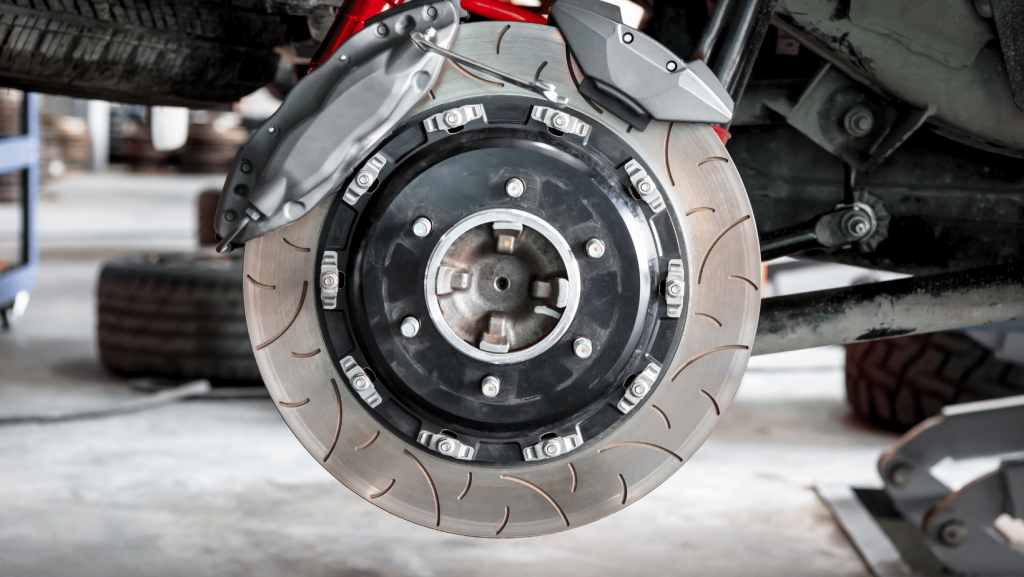
3. Brake Issues
Problem: Worn-out brake pads, rotors, or fluid can lead to reduced braking power and unsafe driving conditions.
How to Avoid It: Have your brakes inspected regularly, typically every 12,000-15,000km. Replace brake pads and fluid as recommended by your vehicle’s manufacturer.
4. Engine Overheating
Problem: Overheating can occur due to a malfunctioning cooling system, low coolant levels, or a broken thermostat.
How to Avoid It: Regularly check coolant levels and top them off as needed. Ensure that your cooling system, including the radiator and thermostat, is inspected during routine maintenance.
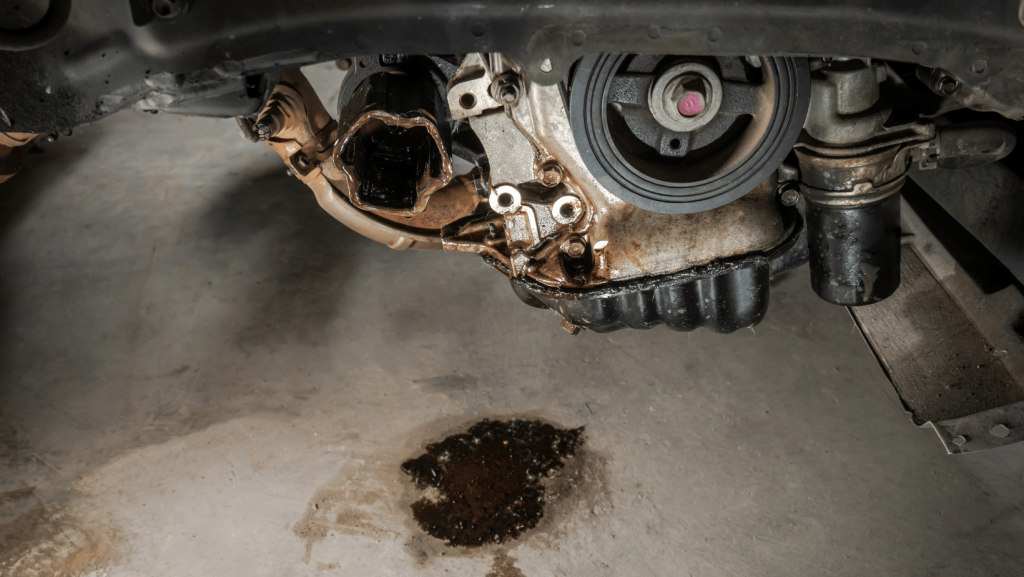
5. Oil Leaks
Problem: Oil leaks can lead to engine damage if not addressed promptly, and they’re often caused by worn gaskets or seals.
How to Avoid It: Regularly check your oil levels and look for signs of leaks under your car. Have any leaks repaired as soon as they’re detected, and follow your vehicle’s oil change schedule.
6. Transmission Issues
Problem: Transmission problems, such as slipping gears or delayed shifting, can be costly to repair and are often due to low transmission fluid or worn components.
How to Avoid It: Check your transmission fluid regularly and have it changed as recommended. Pay attention to any unusual noises or changes in your car’s shifting and address them early.
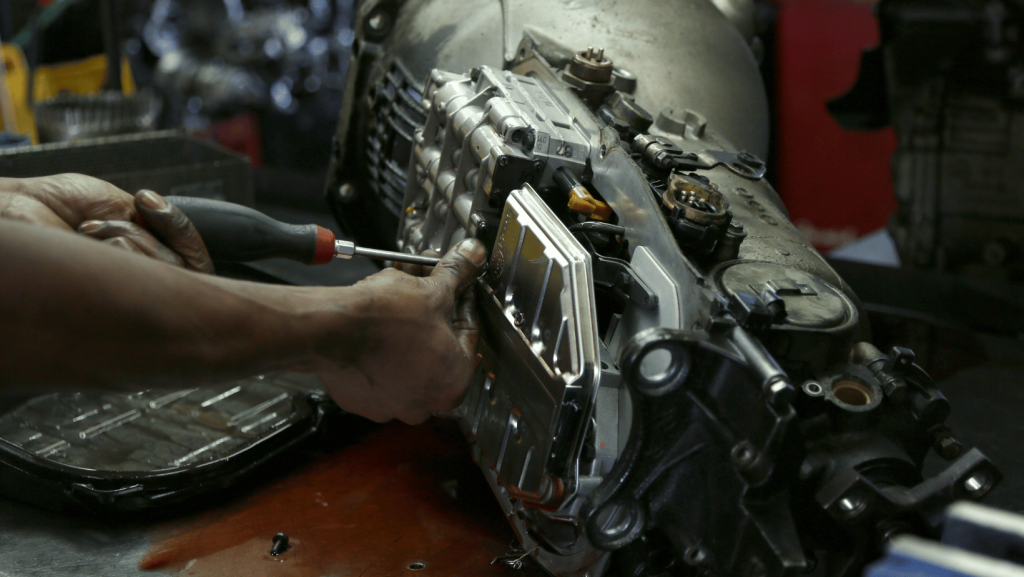
7. Exhaust System Problems
Problem: A damaged exhaust system can lead to poor engine performance and increased emissions.
How to Avoid It: Have your exhaust system inspected regularly, especially if you notice strange noises or a decrease in fuel efficiency. Repair or replace any damaged components promptly.
8. Electrical System Issues
Problem: Electrical problems, such as faulty alternators or blown fuses, can cause various issues, from non-functioning lights to a car that won’t start.
How to Avoid It: Regularly check your car’s electrical system, including the battery, alternator, and fuses. Replace any faulty components immediately to prevent further damage.
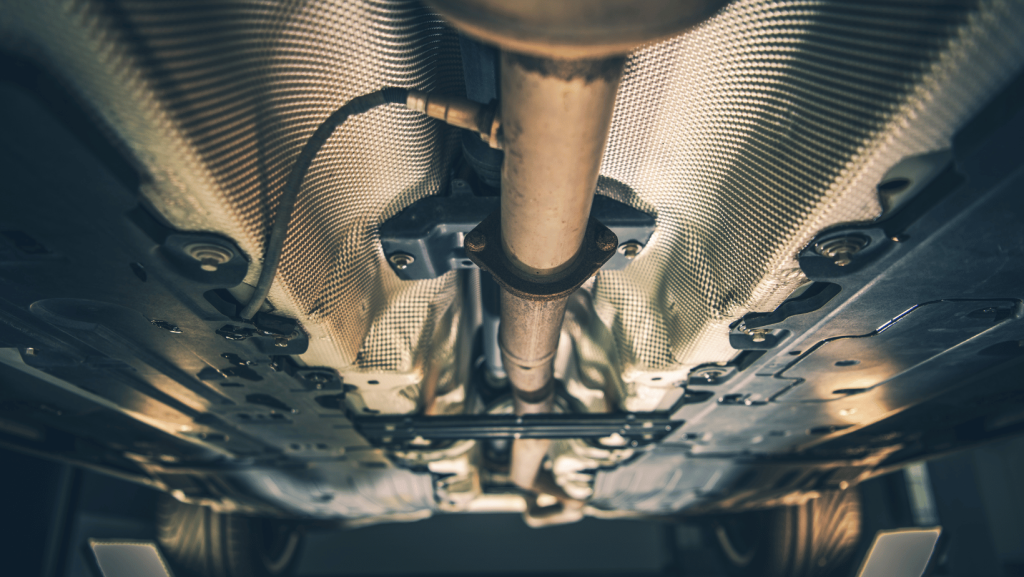
9. Suspension Problems
Problem: A worn or damaged suspension can lead to a bumpy ride, poor handling, and uneven tire wear.
How to Avoid It: Have your suspension system inspected during regular maintenance visits. Replace worn-out shocks, struts, and other components as needed to maintain a smooth and safe ride.
10. Fuel system Issues
Problem: Clogged fuel injectors or a malfunctioning fuel pump can cause poor engine performance and reduced fuel efficiency.
How to Avoid It: Use high-quality fuel and consider adding a fuel system cleaner periodically. Have your fuel system inspected and serviced according to your vehicle’s maintenance schedule.
While car problems are inevitable, many of the most common issues can be avoided with regular maintenance and care. By staying proactive and addressing small issues before they become major problems, you can keep your car running smoothly for years to come. Regular check-ups and attention to detail are key to ensuring your vehicle remains in top condition.


